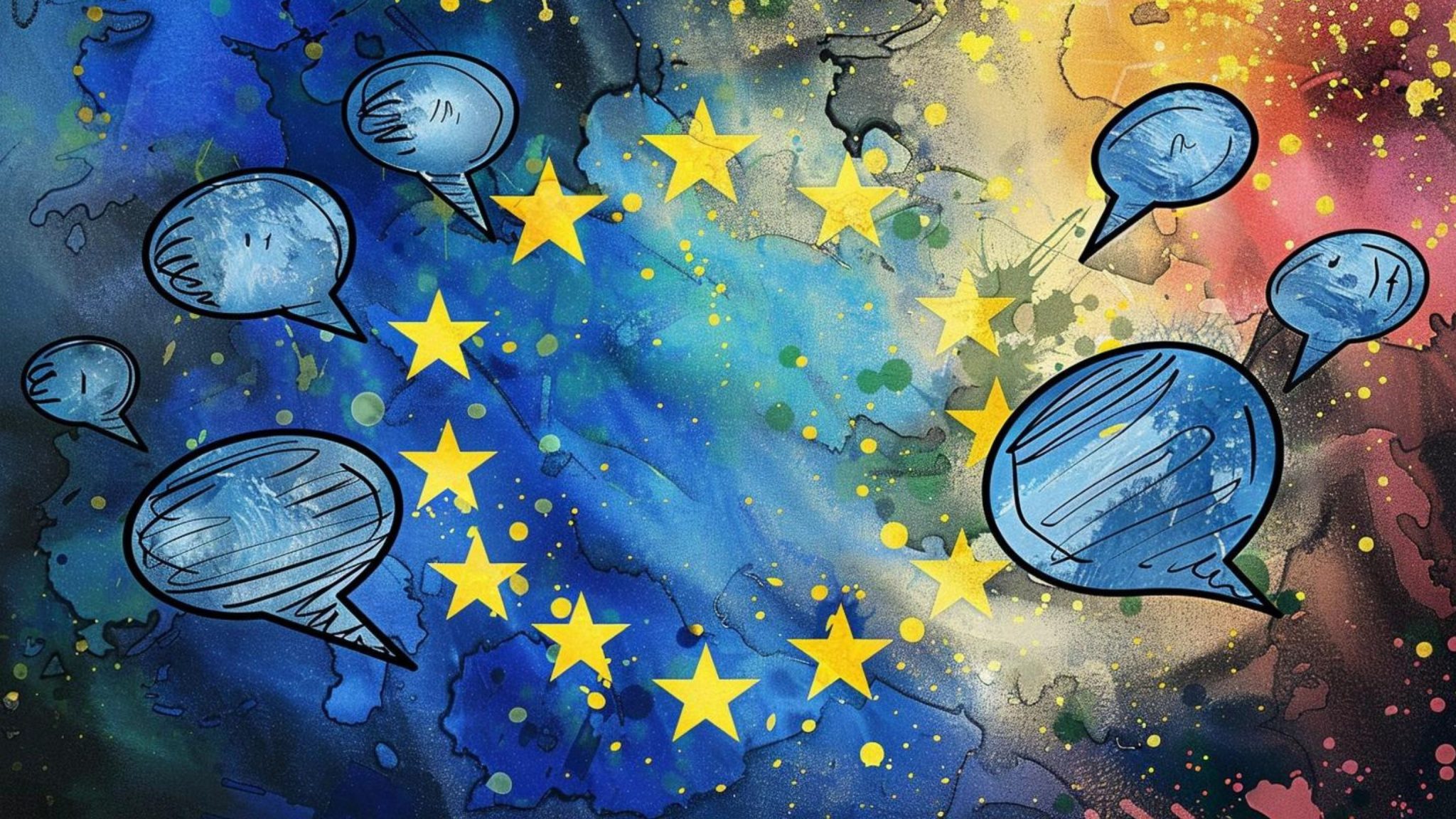by Didi Rankovic, Reclaim The Net:

“Illegal drugs” is a very well-defined category in the EU. “Hate speech,” on the other hand, is not. Yet, the bloc is lumping these together as it builds another case for putting even more pressure on major social platforms and demands more data from them.
The EU is doing this via the censorship law, the Digital Services Act (DSA), and is this time targeting YouTube, Snapchat, and TikTok. In the tone and nature of the demands, the EU puts them in two groups here: two companies from the US, and one from China.
TRUTH LIVES on at https://sgtreport.tv/
Previously, the EU launched DSA non-compliance proceedings against TikTok, AliExpress, but also Meta’s Instagram and Facebook.
The EU Commission this week announced that the “request for information” pertains to these tech platforms’ (algorithmic)recommendations, specifically, their design and functioning.
These companies are reminded that the DSA obligates them to “adequately mitigate risks stemming from their recommender systems” – and here we go into the usual list, starting with how recommendations might influence users’ mental health, risks to the electoral process, endanger minors, all the way to what the EU says is illegal content – “such as promoting illegal drugs and hate speech.”
Here, the demand is also to explain what is being done to “mitigate” the harm, as the EU chooses to understand it.
This last demand is addressed to YouTube and Snapchat, which must give the EU “detailed” information regarding algorithmic parameters that decide what is recommended to users.
The emphasis of the pressure being put on TikTok is a little different. Brussels wants to know what the video platform is doing to stop manipulation of elections, media, etc. – again, in terms of the recommendations system.
An EU Commission press release said the deadline to provide this information is November 15, and warns the three companies they might – depending on how the EU likes the answers – become subject to proceedings under the DSA.
The Commission wasted no opportunity to remind YouTube, Snapchat, and TikTok that one of the DSA articles means possible fines if they respond to a request for information (RFI) in a manner that is “incorrect, incomplete, or misleading.”




